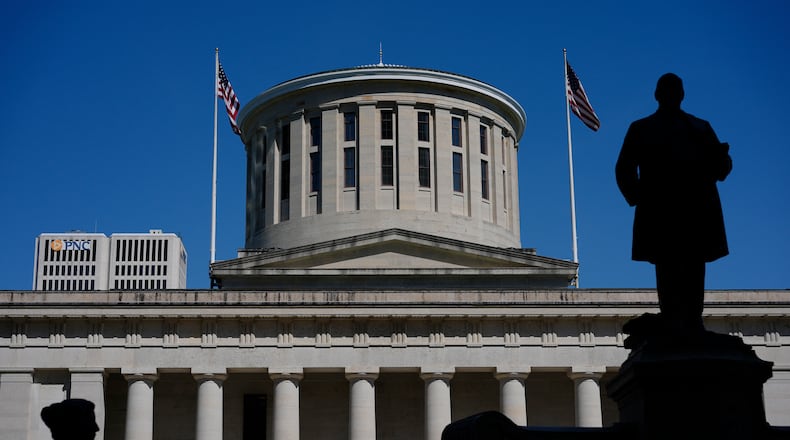The 2026-2027 state budget bill, House Bill 96, which still includes the ‘trigger clause’ that could end Medicaid coverage for an estimated 770,000 Ohioans, has been approved by conference committee and awaits Gov. DeWine’s signature.
In today’s Ideas & Voices, contributors discuss what the discontinuation of Medicaid Expansion might mean for our region.
We didn’t vote to strip 770,000 Ohioans of their health care
I have submitted testimony against this bill four times, among hundreds of other concerned Ohioans who don’t want our communities to get worse. Voters didn’t ask for this. In fact, they’ve consistently supported access to reproductive health care and investments in health equity. This isn’t hypothetical–there are real life consequences to these policies: cancers will go undetected; it will be harder than ever to get birth control; the nation’s STI crisis will worsen; Planned Parenthood health centers will close, making it significantly harder to get abortion care; and people across the country will suffer. As a state, we cannot afford the catastrophic impacts this would have on our healthcare system, nor can we feign ignorance when the likely outcome is so clearly laid before us.
This bill isn’t about Ohio’s future. It’s about short-term politics and long-term pain.
Hunger crisis looming for the Miami Valley
The hunger crisis our community is facing isn’t just a storm, it’s a Hurricane Katrina, a combination of factors hitting those who are struggling with the potential hardship much worse than we experienced during COVID. Take a look at a few of the major problems we are facing.
Ohio’s budget poses a variety of threats, starting with cutting $7 million in funding for food banks, a massive 32% reduction coming when they are seeing record breaking need. Cuts to funding for the Children’s Hunger Alliance will mean 1.5 million less meals for hungry kids in Ohio. The bill also includes a trigger provision that would automatically strip Medicaid from 770,000 Ohioans if federal Medicaid expansion funding drops. This means more people will have to choose between food and medicine, a choice no one should have to make.
- Read more from Mark Willis, community engagement director at the Hall Hunger Initiative
Medicaid keeps our clients healthy and independent
For our clients, losing Medicaid would not just mean going without a doctor. It could mean losing a job, an education, or even a home. When people are not able to access mental health treatment, manage chronic conditions, or afford prescriptions, they miss work, fall behind in school, or become unable to care for their families. Medicaid keeps people healthy enough to stay in the workforce, care for loved ones, and contribute to their communities. The consequences of losing this public benefit are real and devastating.
- Read more from Brandy Keesee, staff attorney for Advocates for Basic Legal Equality (ABLE)




